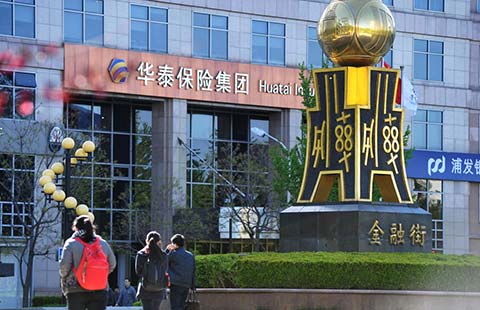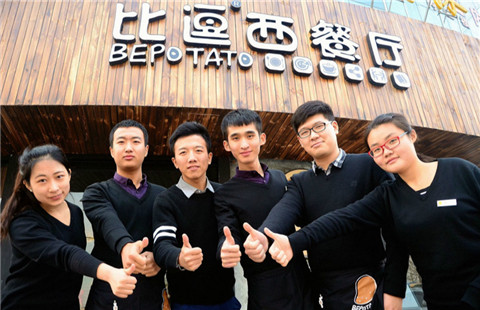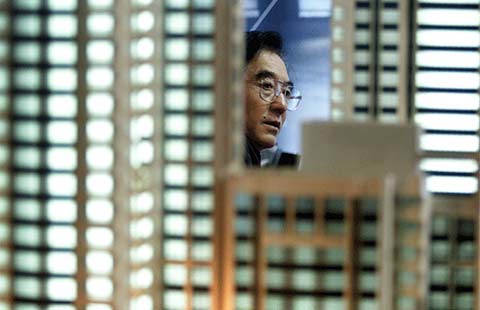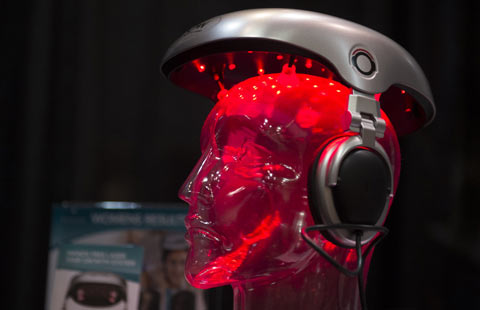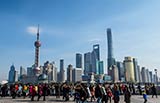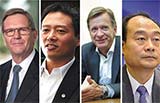Association warns of slow auto sales during January
By Li Fusheng (China Daily) Updated: 2016-01-11 10:27
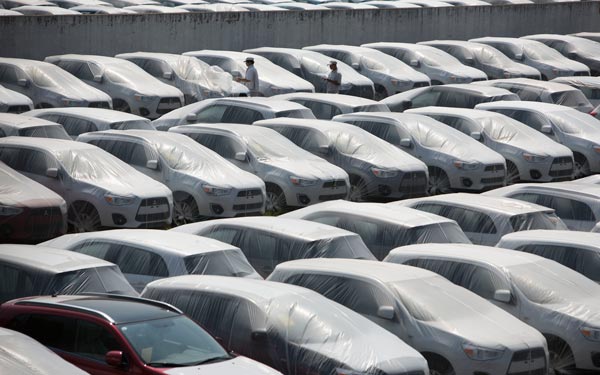 |
|
A parking lot for new cars in Changha, Hunan province. Though the Vehicle Inventory Alert Index stood at 52.6 percent in December, higher than the alert level of 50 percent, it is the industry's best performance in four months. [Photo/China Daily] |
Offseasons to follow surge in transactions in December
China's auto dealers might find the road a little rocky in January after customer demand was largely met at the end of 2015, warned a senior official at the China Automobile Dealers Association.
According to a CADA survey, customer demand in December stood at 66.8 percent, a nearly 23-percent rise from November. Transactions at dealerships rose to 50.3 percent in December from 26.3 percent in the previous month, said Lang Xuehong, the association's vice-secretary-general.
The survey took into account more than 1,000 authorized stores in China that sell 55 brands of vehicles, both Chinese and foreign.
The Vehicle Inventory Alert Index, which the CADA compiled on the survey, stood at 52.6 percent in December, higher than the alert level of 50 percent, and the best performance in four months.
Xiao Zhengsan, the CADA secretary-general, said the central government's policy that halved the vehicle purchase tax to 5 percent for passenger vehicles with engines 1.6 liters or smaller is partly responsible for the December performance.
After transactions surged in December, auto dealers are expected to see their sales stagnate as both January and February are offseasons for car sales, said Lang.
She cautioned auto dealers against rising inventory levels.
Lang said auto dealers must improve on their ability to examine market trends with the relationship between automakers and auto dealers likely to change in 2016.
"In the past, their relationship was a patriarchal one. By that, I mean automakers gave orders to dealers about what to do and how many cars they have to take in. But that is going to change into a relationship of equal parties, like partners or brothers."
Earlier last year, many auto dealers protested against automakers who forced them to take in more cars despite sluggish auto sales in China.
The quarrels ended with automakers, specifically foreign marques, offering dealers financial incentives during difficult times.
"This year, many automakers will start changing their policies. Now it will be up to auto dealers to tell automakers what models and how many they want," Lang said. "In other words, auto dealers' performances will be based on their estimates of the market. It will be a new challenge for auto dealers."
She said catering to customers is another focus from auto dealers to ensure success in the future.
"Many dealers are trying to transform themselves but they do not know how. In fact, the answer is to understand the customers. In a word, whoever understands them will outperform."
- Baidu to halt commercialization of Tieba health forums
- Zhejiang Longsheng sued for patent infringement by US corporation
- Financial cooperation with China can buffer LatAm against external economic shocks
- Greater consolidation expected in Chinese Internet, e-commerce: UBS
- Time to shift to portfolio investment: CICC
- China auto sales growth at 3-year low in 2015
- Retailers guarded over New Year expansion plans
- China top of mind for leading automakers

